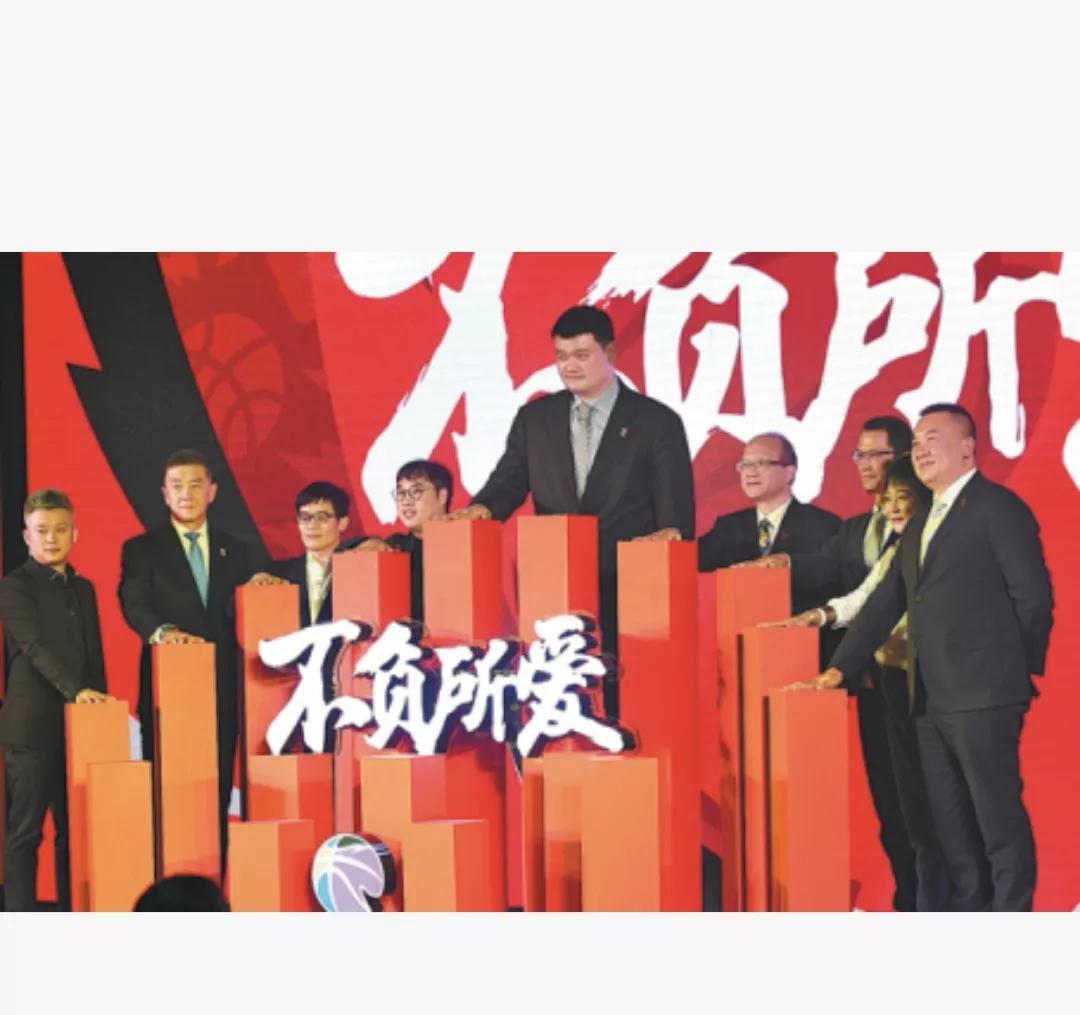With the increase of games and the reduction of foreign playing time, the Chinese Basketball Association is ushering in a new era of dedication to cultivating local talents.

Two months after a season interrupted by the coronavirus, the CBA is ready again, launching a new campaign at two stadiums in Zhuji, Zhejiang Province, on Saturday.
Citing continued vigilance against COVID-19, the CBA said the league will continue to operate within the biosecurity bubble for at least the first 12 regular season rounds of Zhuji.
Each team will play 56 games in an extended regular season, up from 46 last year, and this year's top 12 teams will advance to the playoffs in May, making the 2020-21 season the longest in CBA's 26-year history, spanning more than six months.
CBA president Yao Ming said that if deemed safe enough, the league will resume the season in its usual home-and-away format, eventually allowing fans to return to the court.
Speaking at the launch ceremony of the new season on Monday, Yao Ming said: "Thanks to the joint efforts of all of you, which made it possible to restart last season at a challenging time, we can continue to advance the opening game of our 26th season and continue to bring the game to the fans." "However, we still need to remain vigilant and continue to play a role in the bubble to ensure the health and safety of everyone involved."
We are confident of reopening the stadium to the fans when possible. "As China imposed a temporary entry ban on foreigners in March to control imported coronavirus infections, most CBA clubs are expected to initially play without a full list of foreign players, capped at 4 per player.
As of Tuesday, Liaoning Leopards' O.J. Mayo is the only foreign player registered, while some of the imported players who remain in China after the offseason, including defending champion Guangdong Southern Tigers' American player Sonny Wiems, will also be registered soon, according to the league.
If the country lifts the entry ban in the middle of the season, the league will immediately open a 30-day buffer period to allow teams to sign and bring back foreign players, who are mainly overseas.